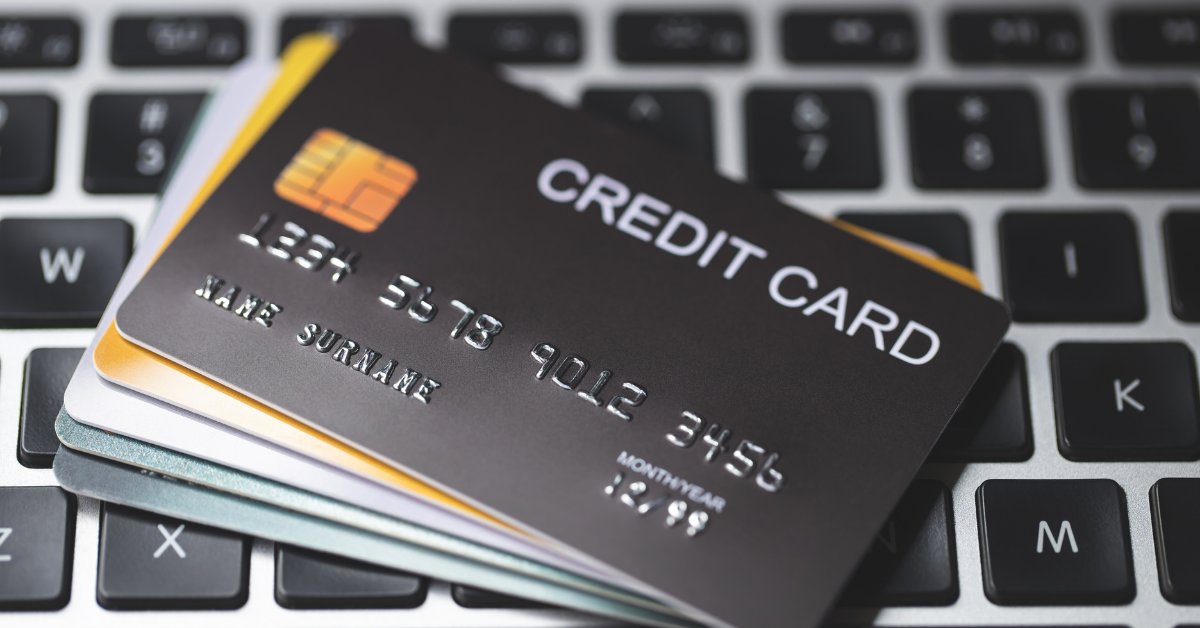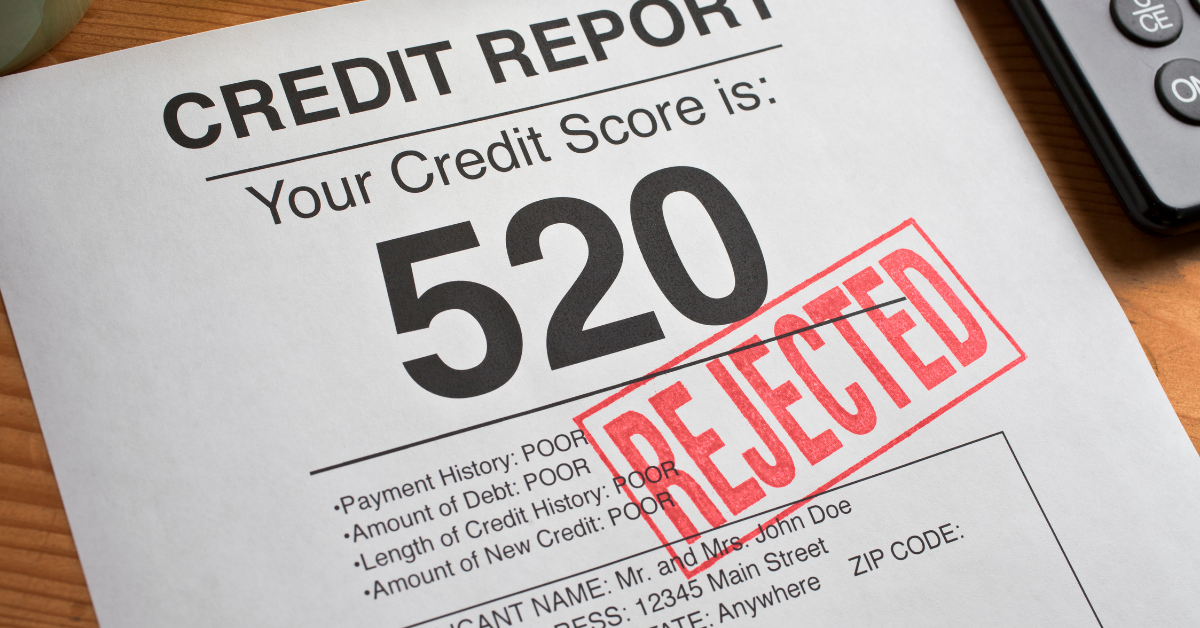Debit Versus Credit for Beginners: Benefits and Disadvantages
July 2, 2021
Debit Versus Credit for Beginners: Benefits and Disadvantages
July 2, 2021
Share this post:

Have you ever been in the checkout line and overheard the cashier ask, “Debit or credit”? Have you ever been curious as to what this phrase means? Well, you’re not alone. Plain and simple, the cashier is referring to which method of payment you will be using: a debit card or a credit card. Now, are you questioning the difference between the two? Don’t worry, we’re here to help. Put simply, while both are utilized to make payments and spend money, they are not the same.
By definition, debit cards allow you to spend money by drawing on (or debiting) funds you already have in your bank account. Credit cards, on the other hand, allow you to borrow money from the respective card issuer (up to a certain limit) to purchase items or withdraw cash; the cardholder then makes payments to pay down their balance—either by making the monthly minimum payment, the full balance, or any increment of payment between the two. Before deciding which payment method is best suited for you or for certain situations, you must familiarize yourself with each payment method. We’ve condensed all of the basic information just for you, so keep on reading!
How are credit cards are issued, and what does each card type provide?
To obtain a credit card, you must apply to the respective card issuer. The company will check your credit score and determine your eligibility for the card and the credit line it feels is risk-appropriate for your credit history. According to Investopedia, credit cards are issued in the following four categories:
- Standard cards extend a line of credit to their users for making purchases, balance transfers, and/or cash advances.
- Reward cards offer cash back, travel points, or other benefits depending on the card type and how cardholders spend.
- Secured credit cards require an initial cash deposit that is held by issuer as collateral.
- Charge cards have no preset spending limit but don’t allow unpaid balances to carry over month to month.
Understanding how credit cards are issued can narrow down your decision: Are you looking for the spending perks reward cards offer or are you simply in need of a credit line to build up your credit score?
When you’ve arrived at which card type you’re interested in, take into account the following pros and cons:
Benefits of credit cards:
- Build credit history and improve credit score
- Warranty and purchase protections
- Fraud protection
- Possibility for rewards and/or cash back on purchases
- Good for large purchases as long as you can get interest-free lending for a period of time and pay off your balance in full before interest begins accruing
- Better to use when traveling, especially internationally, as most credit cards are accepted
Cons of credit cards:
- Buildup of debt: spending banks’ money, expected to repay with interest and make a minimum payment each month
- The appeal of buy now, pay later and high credit limits can promote overspending
- Potential for negative impact on credit score if too many accounts are open, you carry high levels of debt on your credit cards without paying them down, or you make late payments
- Interest (known as the annual percentage rate or APR) and fees

Debit Duties
On the other end of the spectrum, we find another form of plastic money: the debit card. While credit cards are issued in a variety of ways, debit cards are more simple, focusing solely on what you have to spend. If you have a bank account, you’re eligible for a debit card, regardless of your credit score. According to Investopedia, there are the three types of debit cards:
- Standard debit cards draw on bank account.
- Electronic Benefits Transfer (EBT) cards are issued by state and federal agencies to allow qualifying users to use their benefits to make purchases.
- Prepaid debit cards give people without access to a bank account a way to make electronic purchases up to the amount preloaded onto the card.
While it’s becoming less common, some credit card companies and card types charge an annual fee to hold the credit card. Debit cards do not generally have fees associating with holding the card. Make sure to read the fine print before opening an account. Most companies very clearly advertise that there are no annual fees as a way to sweeten the deal.
With almost everything in life, neither credit nor debit cards are perfect.
Here are the pros and cons of debit cards:
Benefits of debit cards:
- Avoid debt by using money you have
- No annual fee
- Good for smaller purchases (some banks place a daily spending limit on a debit card)
Cons of debit cards:
- No rewards (though some banks have rewards accounts with higher interest rates or other benefits similar to credit cards)
- Doesn’t build credit
- Some fees still apply (i.e., overdraft, out-of-network ATM withdrawals)
- Less fraud protection (again, banks are beginning to offer more protections for cardholders—similar to credit cards)
- No access to money if your funds run out
- Not ideal for larger, more expensive purchases
Now What?
Now that we’ve covered how both credit and debit cards function and each card’s pros and cons, the final step in deciding which to use comes from you and your personal preferences. What are your financial goals related to debit and credit cards? What does your monthly and yearly spending look like? Do you need to build your credit score or maintain it? Do you have a hard time budgeting your money and limiting your spending, or are you financially responsible?
- Credit cards are debt instruments. Debit cards are not.
- Credit cards help build your credit score; debit cards don’t.
- Credit cards give you access to a line of debt issued by a bank while debit cards deduct money directly from your bank account.
- Credit cards offer better protection against fraud compared to debit cards linked to a bank account.
- You can’t use your debit card if your account is empty, but you can use your credit card.
- A debit card is a tool to use in lieu of a check or cash.
- One card isn’t necessarily better than the other; using credit versus debit solely depends on how you want to spend and manage your money.
When to get your first credit card
The best time to get a credit card is before you need one—think college or shortly after graduation as long as you have the financial ability to repay your purchases. Forewarning: Start with one credit card with a lower credit line. If you don’t trust yourself to make the minimum payments—or even better, more—on time, hold off on signing up for a credit card!
For younger people, should your parents add you as an authorized user on their credit card?
If you rely on your parents financially, yes. You can even build credit, too, without ever charging payments to your card.
Getting a credit card with no credit history or a poor credit history
If you don’t have credit history, getting your first credit card is a catch-22. You need one to build credit, but you can’t get one without credit history. If you have a poor credit history, there may still be options for you as you’re rebuilding your score. Explore secured credit cards, which require collateral to open and maintain. You may pay higher fees and interest on these accounts, but if you keep your balance low and pay it in full each month, you can reduce their impact.

Some General Advice
In general, credit cards are preferable to use IF you pay your balance in full EVERY MONTH or have no interest on the balance for a period of time. You’ll build and maintain your credit, reap the card’s benefits, and acquire more interest on the balance in your checking account. Making only the minimum payment on your card is very detrimental to your credit score over the long term—carrying a balance month to month means you’ll pay more in interest, and you’ll eventually max out your card if you continue to use it, which is one of the most damaging things to your credit score. If you still have some work to do on your ability to be financially responsible, set some savings and budgeting goals for yourself, and work towards them using your debit card.
With both credit and debit cards, it’s important to scrutinize your online account, statements, and charges to ensure you did, in fact, make each one. According to Consumer Sentinel by the Federal Trade Commission*, in 2020, there were 4.8 million reports of identity theft, imposter scams, and online shopping and negative reviews; 2.2 million fraud reports with 34% of victims reporting a monetary loss. Younger people reported losing money to fraud more frequently than older people, with 44% aged 20–29 reporting a loss vs. 20% of 70–79. As you can see, theft and fraud are pervasive across payment methods—it’s crucial to protect yourself and your money. Also, check your credit score monthly at a minimum to ensure all claims on your report are accurate.
*This report only includes data reported to the FTC; many fraud incidents impact banks and issuers and are not included in this report.
If you want to learn about more personalized and advanced strategies, click HERE to schedule a 15-min call with our team.
Want expert retirement and investing advice? Subscribe to our YouTube channel and check out our weekly podcast with The Sandman!
Listen to Protect Your Assets anywhere you get your podcasts:
Standard Disclosure
This blog expresses the author’s views as of the date indicated, are subject to change without notice, and may not be updated. The information contained within is believed to be from reliable sources. However, its accurateness, completeness, and the opinions based thereon by the author are not guaranteed – no responsibility is assumed for omissions or errors. This blog aims to expose you to ideas and financial vehicles that may help you work towards your financial goals. No promises or guarantees are made that you will accomplish such goals. Past performance is no guarantee of future results, and any expected returns or hypothetical projections may not reflect actual future performance or outcomes. All investments involve risk and may lose money. Nothing in this document should be construed as investment, tax, financial, accounting, or legal advice. Each prospective investor must evaluate and investigate any investments considered or any investment strategies or recommendations described herein (including the risks and merits thereof), seek professional advice for their particular circumstances, and inform themselves about the tax or other consequences of any investments or services considered. Investment advisory services are offered through Liberty Wealth Management, LLC (“LWM”), DBA Liberty Group, an SEC-registered investment adviser. For additional information on LWM or its investment professionals, please visit www.adviserinfo.sec.gov or contact us directly at 411 30th Street, 2nd Floor, Oakland, CA 94609, T: 510-658-1880, F: 510-658-1886, www.libertygroupllc.com. Registration with the U.S. Securities and Exchange Commission or any state securities authority does not imply a certain level of skill or training.
